10 Questions You Should Know about J Type Rubber Oil Seal Near Me
May. 10, 2024
When considering a j type rubber oil seal near me, there are ten essential questions whose answers you should be versed in.
Understanding the Mechanism of a J Type Rubber Oil Seal
A J Type Rubber Oil Seal is a mechanical component designed to prevent fluid leakage in machinery. It functions by creating a seal between moving parts, ensuring that the oil remains within the system and does not seep out.
Different Varieties of J Type Rubber Oil Seals Available
The market offers multiple types of J Type Rubber Oil Seals, such as single lip, double lip, and triple lip variants. Each type caters to specific applications and provides different levels of protection against oil leakage.
Choosing the Appropriate J Type Rubber Oil Seal
When selecting a J Type Rubber Oil Seal, critical factors to consider are the machinery's operating temperature, pressure, and speed. Additionally, it is imperative to ensure compatibility between the seal and the fluid used in the system.
Benefits of Implementing J Type Rubber Oil Seals
J Type Rubber Oil Seals offer numerous benefits, including preventing oil leaks, minimizing friction and wear on moving parts, and prolonging the machinery's lifespan.
How to Assure Proper Installation of J Type Rubber Oil Seals
For optimal performance and longevity, correctly installing J Type Rubber Oil Seals is essential. Adhere to the manufacturer's guidelines and employ the appropriate tools and techniques during installation.
Causes Behind J Type Rubber Oil Seal Failures
Common causes of J Type Rubber Oil Seal failures include incorrect installation, excessive heat or pressure, and chemical incompatibility with the system's fluid.
Troubleshooting Problems with J Type Rubber Oil Seals
If issues such as leaks or excessive wear occur, inspect the seals for damage and replace them as needed. It's also crucial to address any underlying problems contributing to the seal's failure.
Maintenance Practices for Prolonging J Type Rubber Oil Seals' Life
To ensure the longevity of J Type Rubber Oil Seals, adhere to a regular maintenance schedule, which includes inspecting seals for damage, lubricating moving parts, and replacing seals as necessary.
Explore more:Steel Wire Braided Rubber Hose vs. Standard Hose: Which Wins?
How Does Alkali Resistance Mesh Belt Enhance Coal Washing?
Maximize Efficiency with Metal Corrugated Compensators
Enhancing Fermentation Processes with Spiral Mesh Belts
How to Select Stainless Steel Corrugated Compensators for Energy Systems?
10 Insights You Need to Have about Stainless Steel Corrugated Compensator for Marine Piping Solutions
Dredge Discharge Hose vs. Traditional Hose: Which Reigns Supreme?
Industry Standards and Regulations for J Type Rubber Oil Seals
Though specific regulations may not govern the use of J Type Rubber Oil Seals, it is important to ensure they meet industry standards for quality and performance.
Summary: Importance of Knowing Key Questions About J Type Rubber Oil Seals
Understanding the crucial questions regarding j type rubber oil seal near me is vital for maintaining machinery efficiency and longevity. By choosing the correct seal type, following proper installation and maintenance protocols, and addressing issues promptly, you can effectively protect your equipment from oil leakage and enhance its durability.
Contact us to discuss your requirements for j type rubber oil seal near me, tg oil seal catalog, and customized square rubber blocks. Our knowledgeable sales team can assist you in selecting the best options for your needs.
Additional Insights and Frequently Asked Questions
Why Is Material Choice Crucial for J Type Rubber Oil Seals?
The choice of material for J Type Rubber Oil Seals significantly impacts their performance and longevity. Materials must withstand operational stresses, temperatures, and chemical exposures specific to your application. Common materials include nitrile rubber, silicone, and fluorocarbon.
Can J Type Rubber Oil Seals Be Customized?
Yes, many manufacturers offer customization to meet specific requirements, including unique sizes, materials, and configurations. Custom seals can provide enhanced performance and reliability for specialized applications.
How Do I Know When to Replace My J Type Rubber Oil Seals?
Signs indicating the need for replacement include visible wear and tear, persistent leaks, and compromised performance. Regular inspection is key to identifying issues early.
What Role Does Temperature Play in Seal Performance?
Operating temperatures greatly influence the effectiveness of rubber oil seals. Excessive heat can degrade material properties, leading to failure. Always choose seals rated for your machinery's temperature range.
By covering these additional queries, you gain a more comprehensive understanding that aids in making informed decisions about j type rubber oil seal near me and ensuring the peak performance of your equipment.
Explore more:Essential Insights on Stainless Steel Corrugated Expansion Joint for Pulverized Coal Pipeline 2024
Mastering Polyurethane Hydrocyclones: Choose Wisely Today!
How to Choose the Right Polyurethane Hydrocyclone?
The Benefits of Using How to Choose the Right Roofing Material
Choosing the Best Outdoor Water Pipe Material
The Benefits of Using Hydrocyclones for Sale
The effect of all kinds of packing element sealing ring
204
0
0
Related Articles

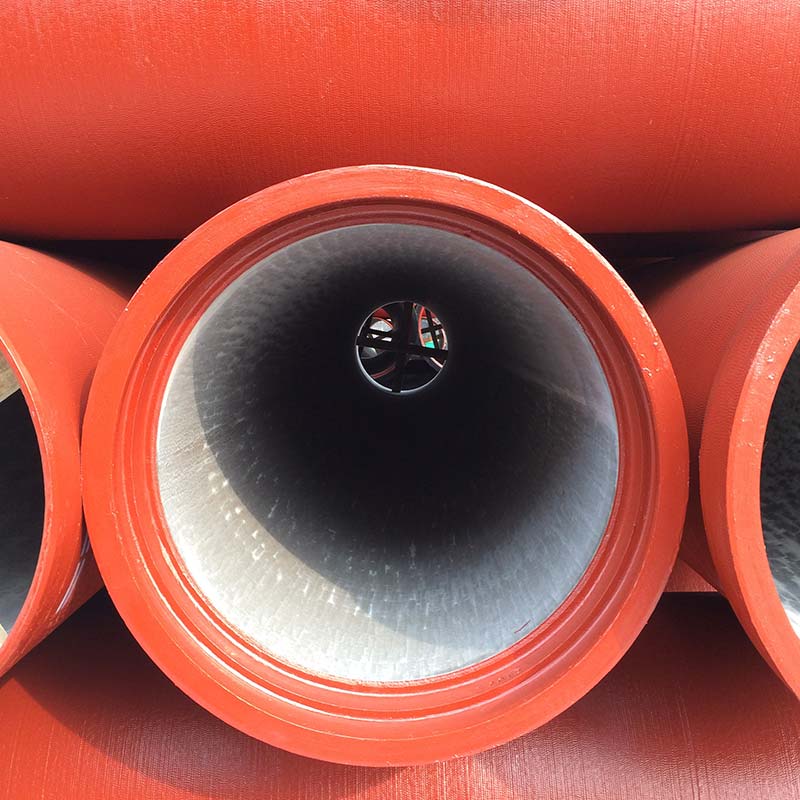


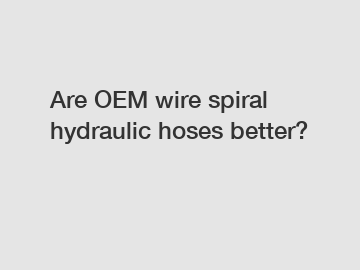
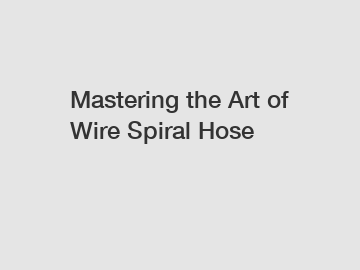
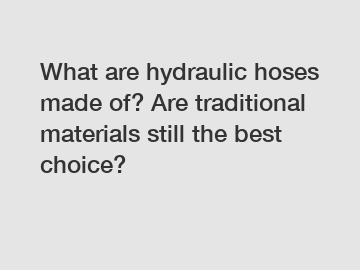

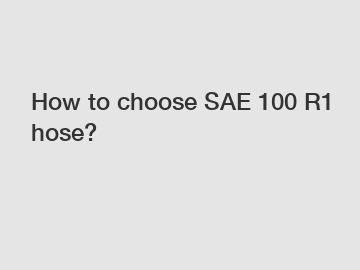
Comments
All Comments (0)